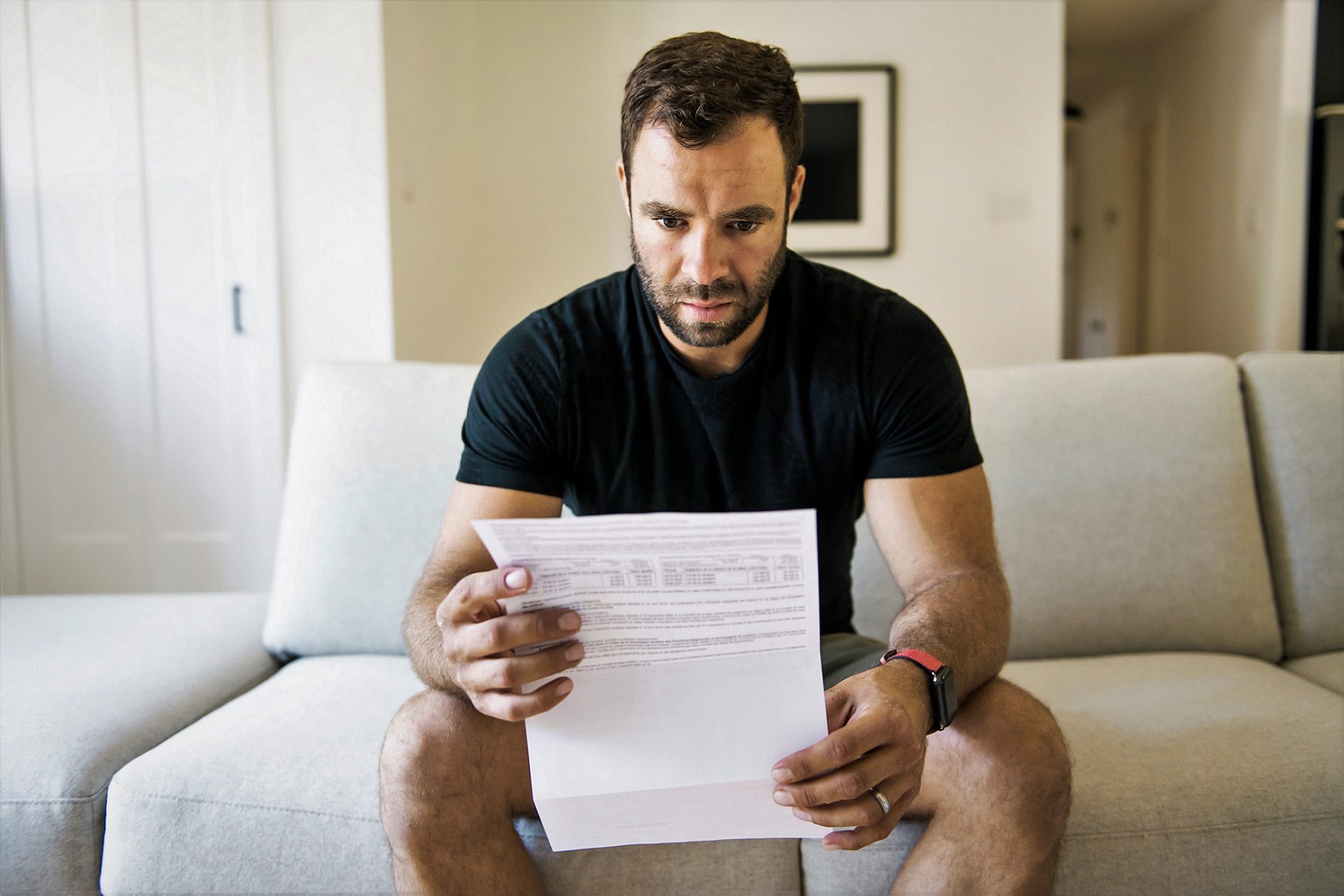Insurers and Centrelink: What you need to know about declaring income
Published on Posted onWorkCover, Victorian TAC and Queensland CTP all have mechanisms to support you if you’ve lost your ability to earn an income due to an injury.
But navigating your entitlements through a workers’ compensation WorkCover claim, TAC claim or CTP car or road accident claim can be a balancing act, especially when you’re dealing with the consequences of an injury.
And one of the most important things when providing information to insurers is to ensure that you’re declaring your income appropriately to avoid any trouble later, such as being made to repay large sums of money.
Declaring Centrelink earnings
Many people, in addition to receiving income from a form of employment, also receive payments from Centrelink such as Job Seeker.
Unfortunately though, when you’re receiving WorkCover, TAC or CTP income payments, you’re generally not able to claim Centrelink payments as well, and if you are, you may be “double dipping”.
When this occurs, you will likely be hit with a request to repay the over-payment. If you’ve been off work for a long period of time this can amount to very significant amounts of money.
To avoid any issues, you should make sure that your relevant insurer and Centrelink are aware of each other’s involvement and declare your income to each of them (and make sure it’s the gross amount before tax).
Read more about when to report compensation payments to Centrelink from Services Australia.
Also read how what you post on social media can impact your claim and why your personal credibility is important in court.
Declaring earnings from employment to insurers
What should you do if you’re returning to work but are still receiving payments from WorkCover, TAC or CTP?
There are some simple steps that you can take to ensure you are avoiding any pitfalls:
- Speak to your doctor
Make sure your doctor is aware you are going to be returning to work. A new Certificate of Capacity may need to be issued to show that your work capacity has improved, even if only for light duties. Your doctor will also be able to advise you about the restrictions you have on the work you are able to do.
Note: if your employer is asking you to do additional work outside of the scope of your capacity, you have the right to refuse.
- Speak to your insurer
Make sure your insurer is aware that you are returning to work. The insurer will then know that there will need to be changes in your payments to reflect the fact that you are now earning income from employment. For instance, your weekly payments will likely reduce if you begin earning a wage.
- Provide documentation
You will also need to ensure that you are filling out the back of your Certificate of Capacity with details of the work you are performing, as well as providing the insurer with documentation of your income from the work.
As with receiving Centrelink benefits, if you don’t declare your income, you may be required to make a repayment once your income is discovered by your insurer. You may even be prosecuted for fraud.
In all cases, the best policy is to be open and honest: ensure that everyone involved has the right information and documents to be able to process your payments correctly. The last thing you want is to be caught out and jeopardise your WorkCover claim, TAC claim or CTP claim (or as stated above, be prosecuted for fraud!).
Sometimes, it can be difficult to know who needs to know what information and when they need it. It’s always best to discuss what is required with your lawyer to ensure that you are getting paid correctly and help iron out any issues so that you can get back to focusing on your recovery.
Find more blogs relevant to this topic below:
Income Protection: Can an Insurer stop pay my benefits?
What to do if your employer doesn’t have workers’ compensation insurance (QLD)


